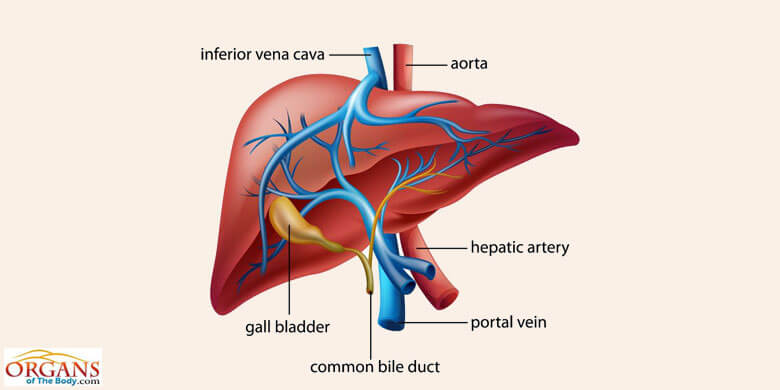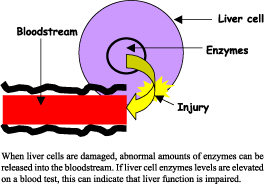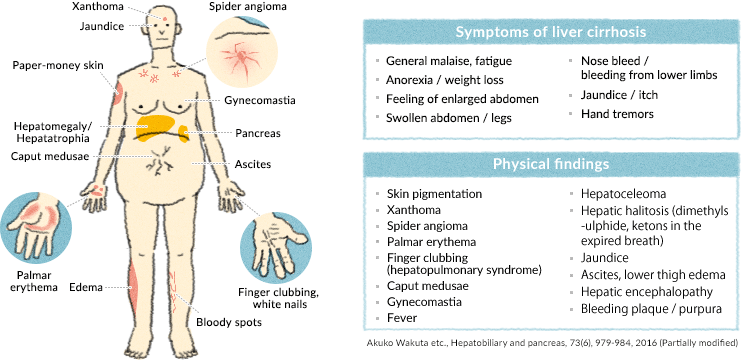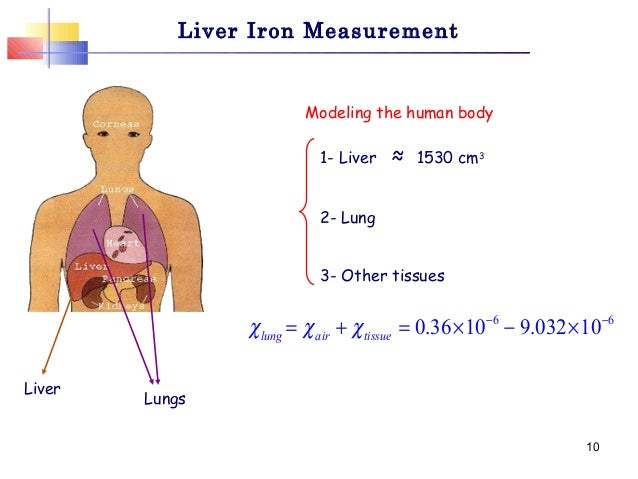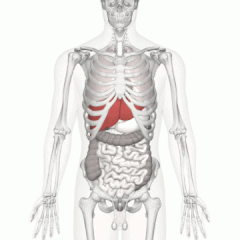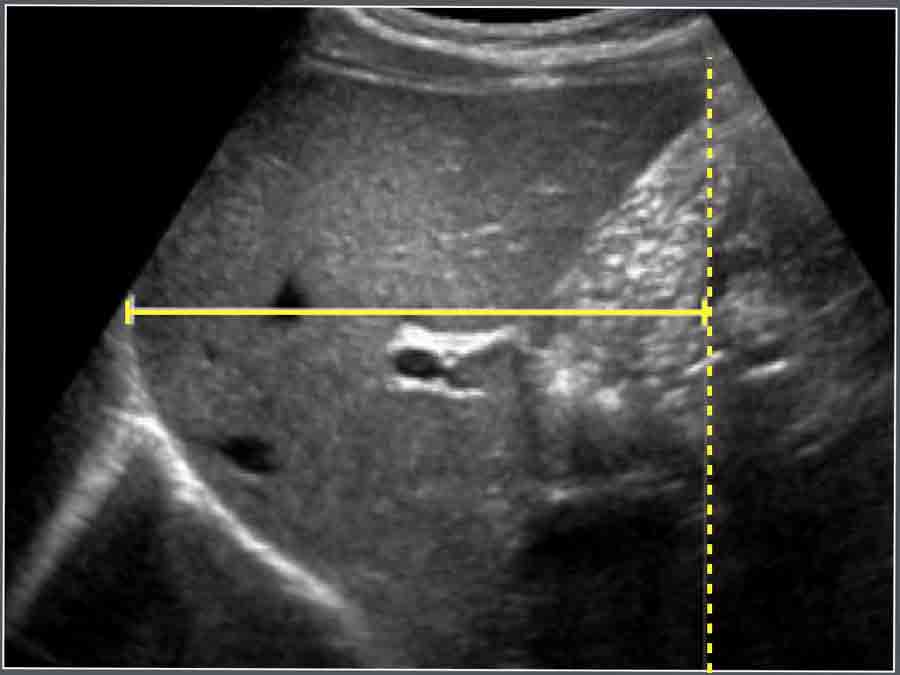The liver is a reddish brown wedge shaped organ with two lobes of unequal size and shape. The capability to determine the size of the human liver allows sonographers and physicians improved ability to diagnose and understand underlying liver pathology and to determine the most effective treatment approach to disease. Both are made up of 8 segments that consist of 1000 lobules small lobes. A human liver normally weighs approximately 15 kg 33 lb and has a width of about 15 cm 6 in. The size depends on several factors. This organ is vital to the bodys metabolic functions and.
Your liver is your bodys largest solid organ. The liver weighs 1200 to 1400 g in the adult woman and 1400 to 1500 g in the adult man. A liver span 2 to 3 cm larger or smaller than these values is considered abnormal. The liver is the largest organ in the human body. During development liver size increases with increasing age averaging 5 cm span at 5 years and attaining adult size by age 15. Age sex body size and shape as well as the particular examination technique utilized eg palpation.
On average it weighs around 3 pounds in adulthood and is roughly the size of a football. There is considerable size variation between individuals with the standard reference range for men being 9701860 g 214410 lb and for women 6001770 g 132390 lb. The liver holds about one pint 13 of the bodys blood supply at any given moment. The study represents one of the largest populations studied regarding average liver length and it concluded that the average liver size in adults was 55 inches in or 14 centimeters cm. The liver consists of 2 main lobes. 1 4 accurate liver measurement techniques allow for more effective surgical planning aiding in liver transplantation and determination of adequate residual liver.
